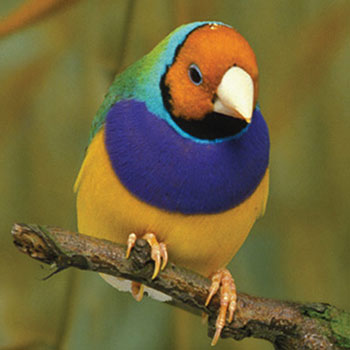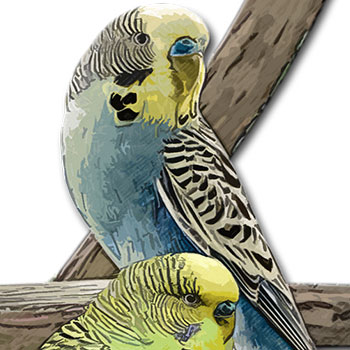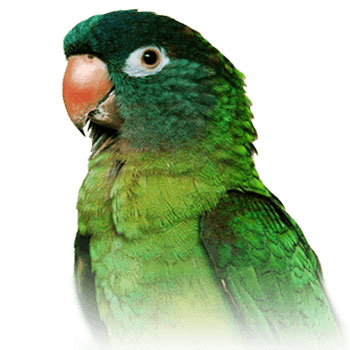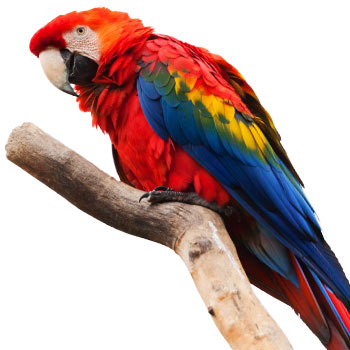Congratulations we received your deposit. So what’s next?
Thank you so much for choosing Bird and Beyond for your new feathered family member. I just wanted to take a quick moment to go over how our list works and a few things that you can expect from us. 🙂 We know it’s a bit of a read but it will help us and you to know our process.
Our list works because we do our very best to keep it fair for all our families. Weekly, you will receive updated pics of all the babies coming up within your timeline or the specific baby you have reserved, depending on the kind of baby. If your baby is a budgie, cockatiel, or quaker you will notice In the beginning stages it is hard to determine colors and gender so that is why we send all babies for your timeline. As colors begin to emerge we will narrow down the photos being sent to the ones you expressed most interest in. The last thing we can determine is gender and sometimes it’s right up to selection days that we know. Budgies have physical traits that tell us if they are male or female, however all other babies require DNA testing to know for certain what their gender is. DNA testing is included for all babies over $500 and available for babies less that $500 for a $25 fee. Upon selecting your baby you will get updates on them specifically and as soon as they are weaned, they will get to go home. In some special cases, we will allow you to finish handfeeding your baby. If this is something you are interested in, please talk with us in advance.
The selection process is done in the order the deposits are received. Meaning, if you are number 5 to pay your deposit, you will be number 5 to choose your baby. Rest assured, all our families go home with stunning babies of their choosing! If for some reason there’s nobody striking at your heart (which we have never had happen) you can always wait until the next clutch hatches. Also, should that happen, more than likely you would slide further up the list because many families will have already selected their little one. Due to the nature of some birds, we may have limitations. There are many of our larger and medium bird breeds will only give us babies during their breeding season. Some of our smaller birds have littles year round.
We hope you find this to be as fair as we do.
The next thing I want to express is that for the most part we are a one man show. So what that means is yours truly is the one messaging with you, sending the updates/photos, updating the website and Facebook, doing daily feeding and watering of our resident birds and we have a flock approaching 300, handfeeding babies, training babies, daily cleaning, cage cleans, and all the other things that go along with running a business. Needless to say it can sometimes get a little overwhelming, so to help me be as streamlined as I can, I request our families save all their questions for the weekly update. This way I can respond quickly and also know I have all your questions covered. There will be so many questions that come up too and we love to answer you and make sure our babies are going to the best prepared families. So don’t hesitate to ask!
Also, I work pretty much 7 days a week but I take Sunday as a communication day off. I can’t stop all the other tasks but this one thing I try to do for my human kiddos and hubby. 🙂 We also do not schedule baby pick up’s on Sundays and sincerely appreciate your understanding.
So I hope this helps answer a few things about the coming weeks as we get your baby(s) ready for their forever family!
Thank you and have a blessed day!
Michelle
Estimated Weaning Time Frame
Canary’s – 6 weeks
Gouldian Finches – 6 weeks
English Budgies – 6 weeks
Cockatiels – 8 weeks
Rosie Bourkes and other grass keets – 8 weeks
Conures and Quakers – 8 weeks
Lorikeets – 10-12 weeks
Indian Ringnecks – 10-12 weeks
African Greys – 12-15 weeks
Macaws – 15-20 weeks
Your New Feathered Friend
We work with each parrot baby to begin teaching him or her to Step-Up and give kisses. Some pet birds learn recall training and will come back to you with a wave of your hand. Every baby will differ based on how quickly they learn and we recommend continuing to train when they are at their new homes. Our parrot babies are pulled at about 2 -3 weeks old, depending on the species to begin handfeeding and are around dogs, cats, other birds, kids, vacuums and many other distractions to get your new baby used to just about everything so they will have a smooth transition into their new forever home. We also prefer to sell our babies as companions and not as breeders unless one is listed as such.
Due to a high demand of our baby birds, some of our babies may also come from other reputable breeders. However, they’re still handfed and hand reared by us just like our own baby birds. Please don’t hesitate to contact us and ask for any bird(s) you’re looking for as a pet. Thank you for your interest and we look forward to working with you.
Birds Forums
Our Gallery
Bird Videos
Friends of a Feather
Is a bird the right pet for you?
Keeping a caged bird within your home necessitates being able to dedicate an area of your house or flat to them, and accepting and welcoming your bird’s presence into many aspects of your home life. Birds need a lot of stimulation and interaction with their owners to keep them happy and well, and they are not the kind of animals that you can simply feed quickly while on the run and ignore in the main part for large parts of the week. Birds are empathic and quick to pick up on the moods and feelings of their owners, and when they are unhappy or are not receiving enough attention, can quickly become depressed and prone to a range of stress-related health conditions.
Let's Talk
Do you have any questions? We would love to hear from you. Drop us a line.
For Quick Response message us on our Facebook




